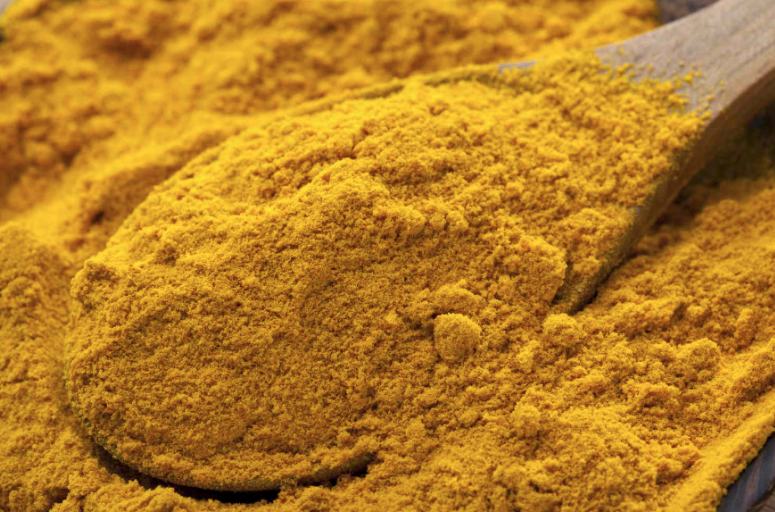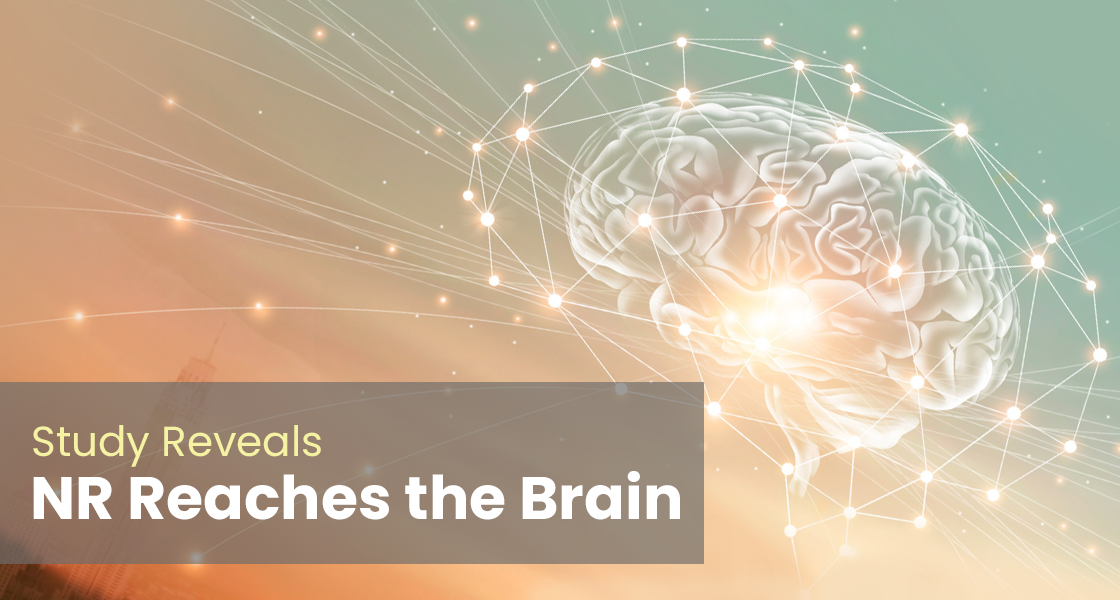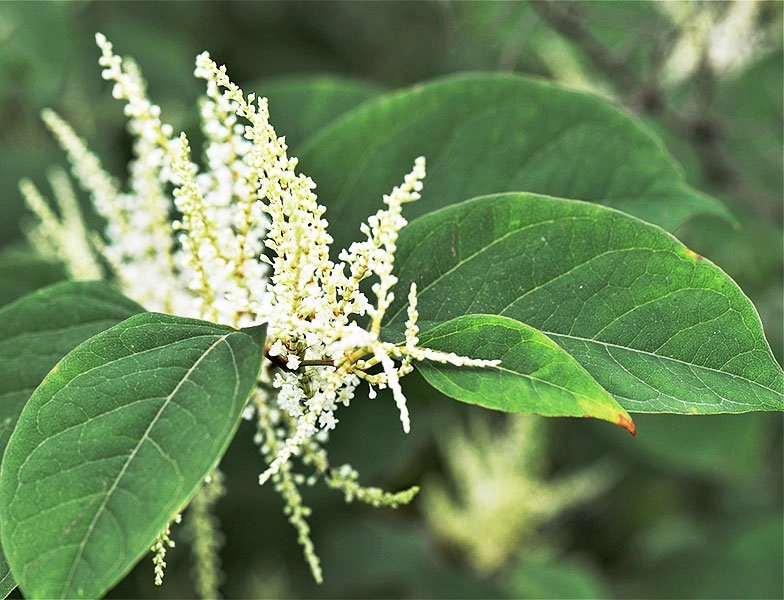Berberine is a bioactive compound found in many plants, including goldenseal, Oregon grape, and barberry. It has been recognized for its health benefits for centuries, with its earliest known therapeutic use dating back to A.D. 200. Today, Berberine continues to be an exciting focus of health and wellness research, with many studies investigating its potential for maintaining metabolic health.
Category Archives: Neurological
Palmitoylethanolamide (PEA) is a natural compound that your body produces in response to various forms of cellular damage. Its primary role is to promote homeostasis, which is the body’s ability to maintain a stable and balanced internal environment for optimal functioning and overall wellness.
“But until now, it was unknown whether NR reached targeted organs like the brain to have a real therapeutic effect,” according to Christopher Martens, one of the key researchers in this study, and the director of the Delaware Center for Cognitive Aging Research.
Resveratrol is a polyphenol derived from plants with antioxidant properties that have been shown to enhance the activation of the body’s own self-repair proteins, called sirtuins. When sirtuins are activated, the effect is delayed aging, which has been demonstrated in a wide spectrum of experimental models, including mammals.
Exogenous nicotinamide adenine dinucleotide regulates energy metabolism via hypothalamic Connexin 43. This study shows that administration of 1 mg/kg of LABELED NAD+ crosses the blood brain barrier to enter the hypothalamus INTACT, increases NAD+ levels, reduces hunger and weight gain, and increases energy expenditure and fat burning in mice. This study shows that increased NAD+ […]
- 1
- 2





